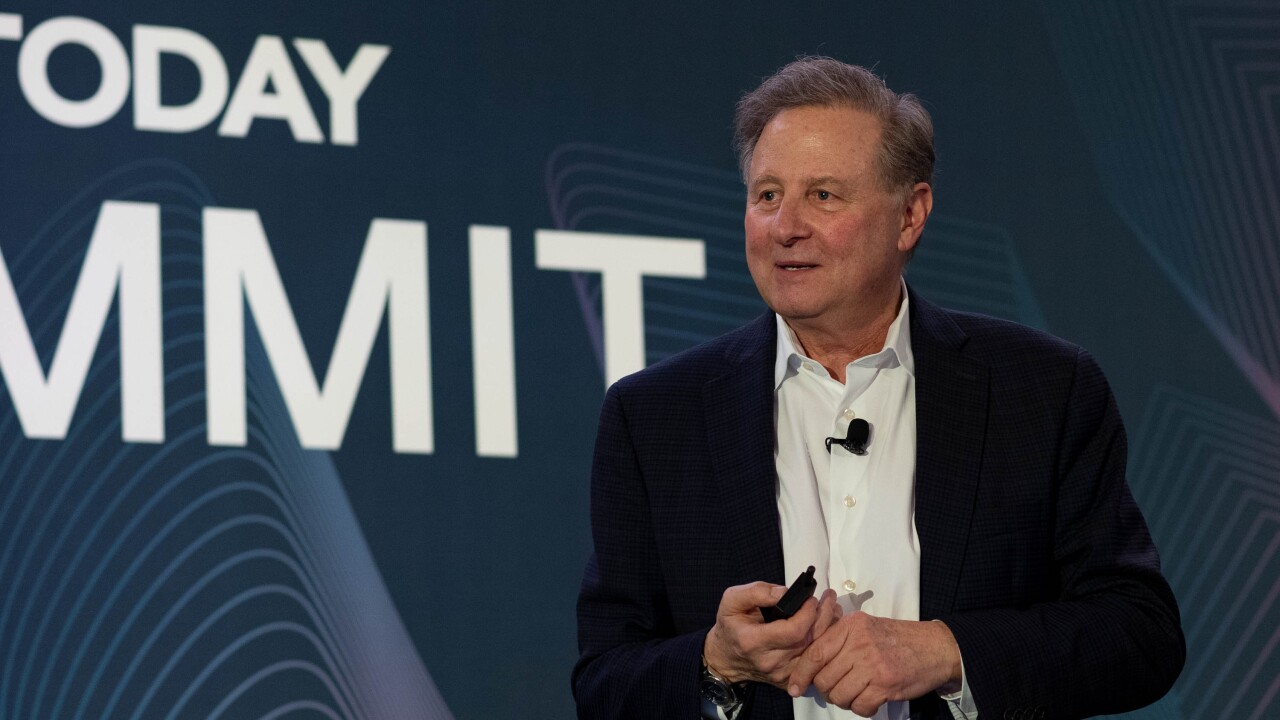AI for CFOs: A guide for accountants who support CFOs and financial leaders
The rise of
For accountants,
This guide looks at how AI is changing the CFO role and how accountants can serve as strategic partners in unlocking its biggest opportunities.
How AI is reshaping the role of CFOs
Traditionally, a CFO's work has centered on historical reporting, advisory, and periodic planning.
With AI, that's shifting. Instead of focusing mainly on what has happened, CFOs are increasingly shaping what happens next, making finance a more agile, forward-looking driver of business success.
From tactical to strategic
AI-powered solutions can equip CFOs with real-time forecasts, predictive analytics, and dynamic scenario models, enabling them to transition from periodic, point-in-time decision-making to continuous, proactive strategy. With sharper insights and faster feedback, they're even better positioned to act as co-pilots to the CEO, guiding the company's future in an increasingly complex environment.
Smarter decision-making with AI
Collaboration with data scientists and tech teams
CFOs increasingly work with data scientists and IT leaders within larger organizations to ensure AI tools are delivering useful, reliable insights. While they're not building models themselves, they help set priorities, define use cases, and ensure outputs align with financial goals.
For example, a CFO might partner with a data analyst to verify that a forecasting model pulls from the right operational data, or work with analysts to validate that AI-driven scenarios reflect realistic assumptions.
The impact of AI on the CFO-accountant relationship
As AI transforms the CFO's responsibilities, it's also redefining the value accountants bring to the table. For those in CAS roles or working closely with finance leaders, this evolution is an opportunity to move into a more consultative, high-trust role.
Becoming implementation partners
CFOs need help translating AI's potential into tools that work for them. Accountants are well-positioned to guide tool selection, assess whether a platform integrates cleanly with existing systems, and ensure new processes align with financial controls.
For example, an accounting team might help a client evaluate AI-powered forecasting platforms, test how well the tool integrates with their ERP system, and build workflows to ensure forecasts are reviewed and approved before informing budget decisions.
Translating AI insights into action
AI-generated forecasts and risk signals still require interpretation. Accountants help translate raw outputs into financially grounded recommendations that reflect business context. This might mean validating whether a forecast aligns with known seasonality patterns, flagging a risk signal that's based on anomalous inputs, or advising on how different scenarios affect margin or cash flow. For CFOs, this kind of analysis adds critical context and a backstop against misinterpreting the data.
Shifting toward strategic collaboration
As AI gives CFOs faster forecasts and deeper insights, expectations are also raised. CFOs are now expected to make more proactive decisions about growth, capital, and risk, often in real time. But those decisions still depend on trusted partners who can validate models, assess trade-offs, and align insights with operational realities.
Accountants are stepping into that role by modeling M&A scenarios, testing capital allocation strategies, and translating AI-driven forecasts into long-term financial plans. As CFOs expand their strategic scope with AI, the value of close, collaborative finance partners becomes even more critical.
Key benefits of AI for CFOs—and how accountants can help unlock them
AI has huge potential to make finance teams faster and sharper. But it's not just about picking the right tools; it's about making sure those tools actually work for the business. CFOs need partners who understand how the tech works and how it fits into the bigger financial picture.
For accountants, especially in CAS roles, this means helping CFOs use AI in ways that support their goals, keep things running smoothly, and lead to better decisions.
Data-driven insights
AI systems can quickly analyze large volumes of financial data and surface trends that might take days to uncover manually. CFOs can use this intelligence to guide decisions around budgeting, pricing, and investment.
Accountant's role: Ensure clean, structured data feeds into AI systems, improving the quality of outputs and the CFO's confidence in the insights they receive.
Automation of repetitive tasks
Tasks such as reconciling accounts, generating reports, or even handling basic audit procedures can now be automated using AI-driven tools.
Accountant's role: Help CFOs evaluate where automation can save time and where human oversight is still essential. Your nuanced understanding of financial workflows can prevent over-automation risks.
Predictive analytics
AI enables CFOs to model future scenarios with greater accuracy by pulling from historical data and current market conditions.
Accountant's role: Translate predictions into actionable financial planning recommendations. Your interpretation of these outputs often shapes the CFO's ability to make confident decisions.
Improved accuracy
By minimizing manual input and flagging anomalies in real time, AI reduces the risk of human error in reporting.
Accountant's role: Ensure ongoing monitoring and validation of AI outputs, especially during the initial stages of implementation.
Scalability
As businesses grow, finance functions often struggle to keep pace. AI allows finance teams to handle increased complexity without having to add headcount.
Accountant's role: Help assess whether current systems can scale, recommend AI-driven tools that handle growing data volumes, and build financial workflows that stay accurate and efficient as the business adds complexity.
Top AI Tools for CFOs
These AI-powered tools help CFOs automate, forecast, and stay on top of financial operations—and they integrate seamlessly with systems many teams already use, including
Forecasting and planning: Tools like
Financial reporting:
Expense management: Tools like
Inventory and operations:
Embedded AI assistants: Built-in AI tools like
Challenges and risks to watch
As AI becomes embedded in finance, CFOs and their accounting partners have to be ready to navigate the following areas.
Data governance
AI systems are only as good as the data they're trained on, often pulling from operational systems, third-party vendors, or customer platforms. CFOs are ultimately accountable for the financial outputs that rely on this data, even when they don't control the upstream sources.
ProTip for accountants: Help map where data comes from, assess reliability, and ensure financial models are based on clean, auditable inputs.
Model bias
AI models can be highly complex and sometimes opaque. CFOs need to understand not just the output, but why a model is suggesting a certain forecast or flagging a risk.
ProTip for accountants: Push for transparency from vendors. Understand how models are trained and ask for validation methods.
Overreliance on automation
As AI becomes part of everyday workflows, it can become tempting to let it run in the background. But AI can still make mistakes or miss certain edge cases.
ProTip for accountants: Check in on automated processes from time to time, and make sure there's a clear plan in place to address unexpected issues as they arise.
The path forward: CFOs and accountants, aligned
As AI continues to evolve, CFOs will increasingly rely on trusted advisors to help them choose, implement, and optimize the right tools. For accountants, this moment presents a responsibility and a major opportunity. Understanding AI's capabilities and where it fits into a broader financial strategy will make you indispensable in the years ahead.
For more tools and resources on AI in accounting, visit





